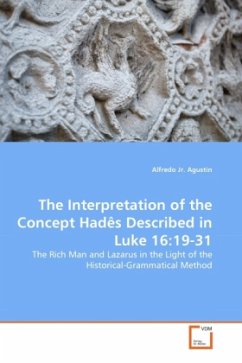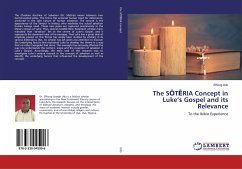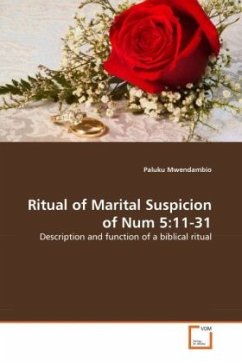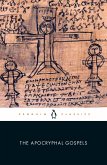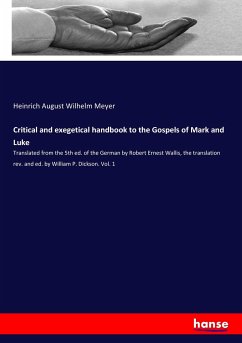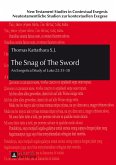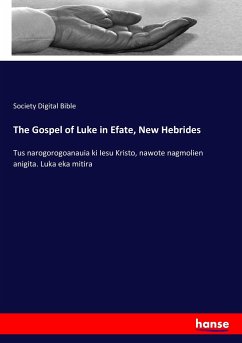Biblical scholars and theologians propose divergent interpretations of the concept of a hadês in Luke 16:19-31. In view of this non-consensus, what is really the interpretation of the concept hadês in this narrative? This study using historical-grammatical method in order to suggest an interpretation of the concept of hadês that may reflect primarily Jesus' intent, and secondarily Luke's. The analysis of the genre of Luke 16:19-31 considering the OT mashal and NT parabolê, and the passage itself indicates that the story of the rich man and Lazarus like other OT and narrative parables is fictitious. It functions as a parable stressing a spiritual truth. The study of the background of the concept hadês in ANET, Greek literature, inter-testamental Rabbinic literature, and early Church Fathers shows that hadês is the abode of souls in the intermediate state. However, OT and NT biblical literature indicate that hadês may only mean death, both physical and spiritual, and grave, the abode of the dead below the earth. It does not say that souls are conscious in hadês except in this parable.
Bitte wählen Sie Ihr Anliegen aus.
Rechnungen
Retourenschein anfordern
Bestellstatus
Storno

